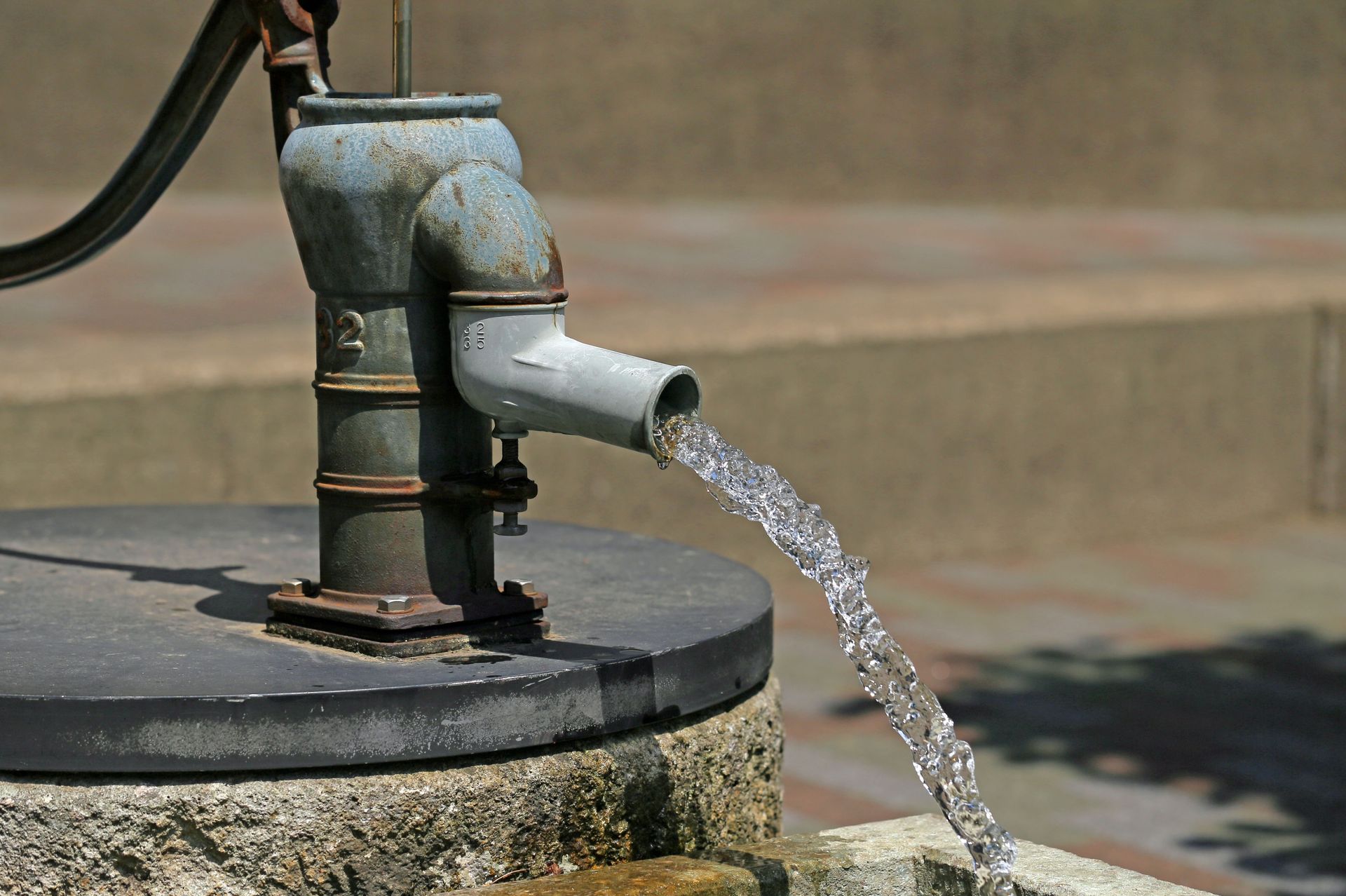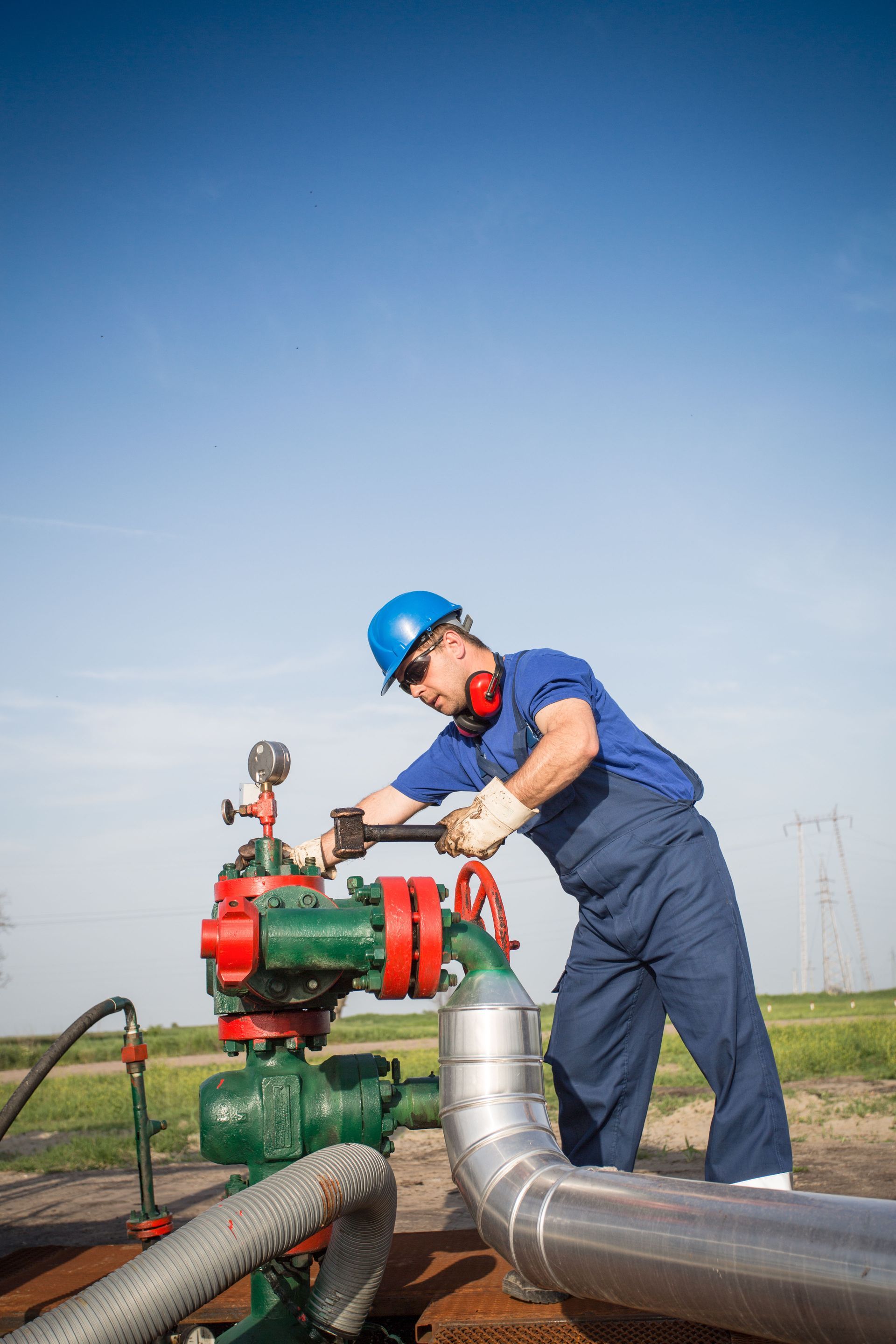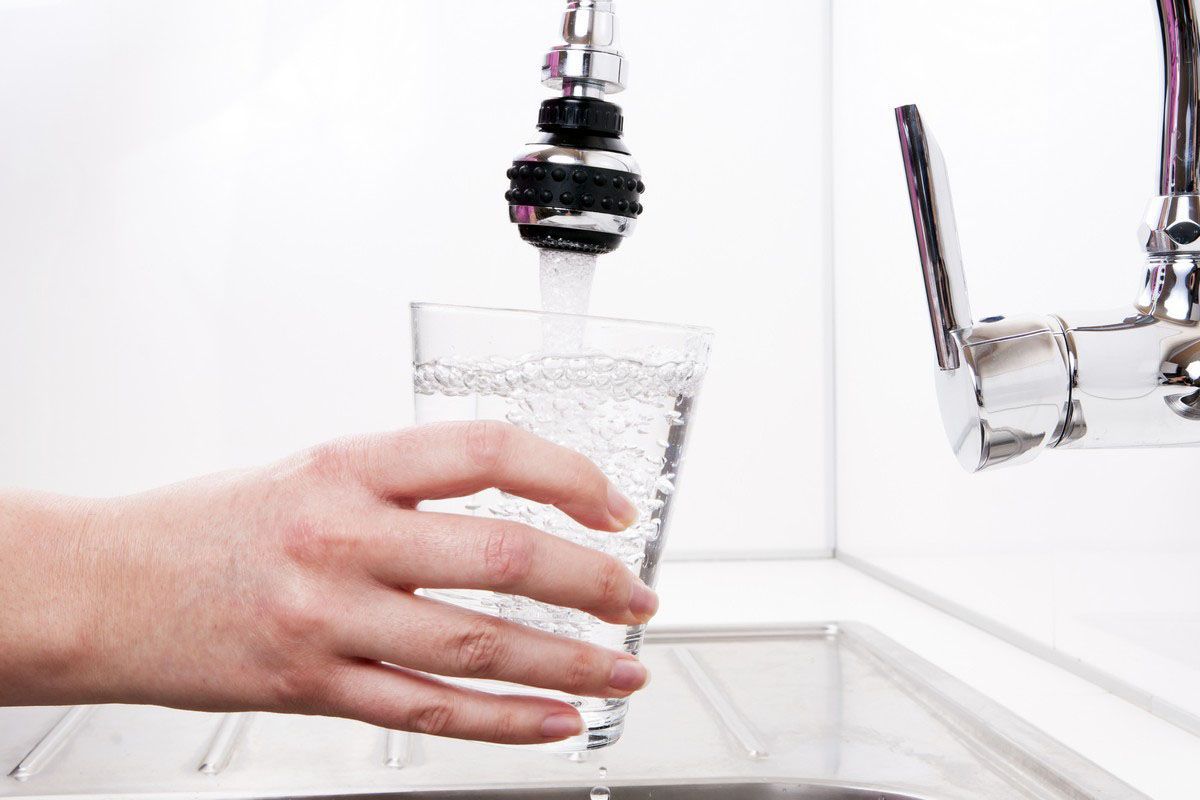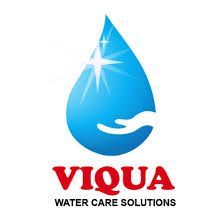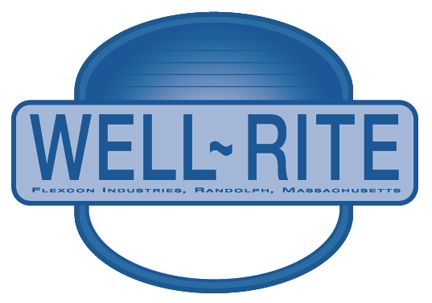October 20, 2025
Water well pumps are essential for delivering a consistent water supply to homes, farms, and other properties. Keeping them in optimal working order is critical not only for uninterrupted water access but also for protecting your finances. Regular water well pump repair and maintenance prevent unexpected breakdowns, reduce energy consumption, and extend the life of the pump. Addressing small issues early avoids costly replacements and ensures efficiency, making pump care both a practical and economical investment.
Understanding Water Well Pumps and Their Maintenance
Water well pumps are devices designed to lift water from underground sources to the surface. They serve homes, irrigation systems, and other applications, and they vary in size and design based on depth and demand. Recognizing how pumps operate is important for troubleshooting and maintenance. A well-functioning pump guarantees a reliable water supply, while a malfunctioning system can disrupt daily routines and lead to financial strain.
Several factors influence the efficiency of a water well pump, including its age, depth, and usage frequency. Regular wear can reduce performance and increase electricity bills. Tools such as pressure gauges can help monitor efficiency, while periodic inspections identify problems before they escalate. Proper installation and ongoing maintenance are critical for avoiding costly repairs and ensuring the pump operates at peak performance.
Water well pumps are exposed to environmental stresses and mechanical wear, which can impact longevity. Understanding their basic operation and recognizing early signs of trouble allows homeowners to address minor issues before they become major expenses. Consistent monitoring and care help maintain the integrity of the entire water system, ensuring safety, efficiency, and reliability.
Types of Water Well Pumps and Their Requirements
Water well pumps come in different types, including jet pumps, submersible pumps, and centrifugal pumps. Jet pumps are generally used for shallow wells and function by creating suction, while submersible pumps are placed underwater and push water to the surface, making them ideal for deeper wells. Centrifugal pumps are versatile and often used in agriculture and industry. Selecting the correct type is essential to ensure efficiency and cost-effectiveness.
Maintenance needs vary among pump types. Submersible pumps, while efficient, are more challenging to repair due to their underwater location. Jet pumps are easier to access but may require more frequent attention. Understanding these differences helps homeowners plan for maintenance and repair costs, avoiding surprises. Additionally, energy efficiency differs by pump type, which can influence long-term operating costs. Consulting professionals when selecting a pump ensures the system is suited to your property’s needs and minimizes future repair requirements.
Common Issues That Require Water Well Pump Repair
Water well pumps can encounter several common problems. Low water pressure is often caused by clogged filters or leaks, while short cycling—frequent on-and-off cycles—can indicate pressure tank or system issues. Electrical problems such as motor failure or faulty wiring can lead to operational downtime, and contamination of the water supply can result from damaged seals or compromised structures. Identifying these issues early allows for timely water well pump repair, preserving water quality and preventing further damage.
Recognizing symptoms of a malfunctioning pump is critical. Signs include reduced water pressure, unusual noises such as grinding or clanking, frequent cycling, and unexplained increases in electricity bills. Changes in water quality, such as cloudiness, odor, or discoloration, can also signal problems. By addressing these symptoms promptly, homeowners avoid costly repairs, maintain water safety, and extend the pump’s operational life. According to This Old House, the average home leaks about 10,000 gallons of water each year, emphasizing the importance of detecting leaks and repairing pumps efficiently.
The Importance of Regular Maintenance and Timely Repair
Scheduled maintenance is essential to maximize pump longevity and efficiency. Routine inspections can identify worn parts, leaks, or clogs before they escalate into serious problems. Maintenance tasks include checking seals, monitoring pressure levels, and testing for leaks. While some tasks can be performed by homeowners, professional inspections provide comprehensive assessments, ensuring nothing is overlooked. Proper maintenance reduces energy consumption, prevents sudden failures, and extends the pump’s life, making water well pump repair an investment rather than a cost.
Incorporating modern technology can further improve maintenance. Many contemporary pumps feature self-diagnostic capabilities that simplify monitoring and streamline repairs. Such advancements help detect problems early, minimize downtime, and reduce repair labor. Staying updated with technology ensures continued efficiency and supports proactive maintenance strategies.
Recognizing When Repair Is Necessary
Knowing when to schedule water well pump repair is critical to avoid major failures. Signs include decreased water pressure, unusual operational noises, higher electricity bills, and visible leaks around the pump housing. Early attention prevents equipment damage, protects water quality, and maintains operational efficiency. Symptoms like irregular water flow or temperature changes should also prompt professional evaluation to safeguard both the pump and the home’s water supply.
Delaying necessary repairs increases costs and risks. Neglecting minor issues accelerates wear on components such as seals, motors, and tanks, eventually requiring expensive replacements. Additionally, inefficient pumps use more energy, raising utility bills. Timely repairs protect the investment, ensure water safety, and prevent larger, costlier problems in the future.
Evaluating Repair Versus Replacement
Deciding whether to repair or replace a pump depends on its age, condition, and repair history. Older pumps with frequent issues may require replacement, while newer systems often benefit from targeted repairs. Conducting a cost-benefit analysis helps determine the most economical approach. Minor repairs in relatively new pumps can extend their life, reduce operational interruptions, and defer replacement costs, repairing the preferred solution in many cases.
Replacement is generally advisable when major components fail or the system is nearing the end of its lifespan. Weighing the cost of repeated repairs against a new system ensures financial prudence. Strategic evaluation allows homeowners to balance expenditure, functionality, and long-term performance, maximizing the value of their investment.
Improving Efficiency Through Water Well Pump Repair
Timely repairs restore pump efficiency, reducing energy consumption and electricity costs. Over time, worn parts such as impellers, seals, and motors decrease performance, forcing the pump to work harder and consume more energy. Addressing these issues through repairs improves water flow, reduces energy usage, and extends equipment longevity. Regular maintenance and strategic repairs contribute to energy savings, financial benefits, and environmentally conscious operation.
Financial Benefits of Timely Repairs
Beyond energy savings, timely repairs protect homeowners from unexpected expenses associated with pump failures. Preventive repair minimizes downtime, extends system life, and reduces the frequency of costly emergency interventions. Repairing issues promptly maintains a consistent water supply and avoids financial strain caused by inefficient operation or emergency replacements.
By prioritizing water well pump repair and regular maintenance, homeowners can achieve reliable service, reduced energy costs, and long-term savings. Investing in timely repairs ensures that both the water supply and financial well-being are safeguarded, demonstrating the tangible benefits of proactive pump care.
Maintaining and repairing water well pumps is essential for reliable water access, energy efficiency, and cost savings. Understanding pump types, recognizing common problems, and addressing issues promptly through professional water well pump repair ensures long-term performance and sustainability. Delaying repairs not only increases expenses but can also compromise water quality and operational efficiency. Regular maintenance, timely repair, and informed decision-making provide financial and operational peace of mind.
Protect your home’s water supply and extend the life of your system—schedule professional water well pump repair today with Water Systems Specialties, A Regional Water Authority Company, to ensure reliable service and prevent costly future issues.
